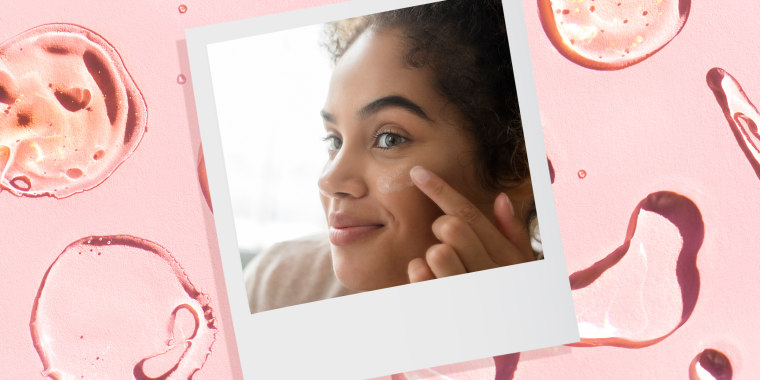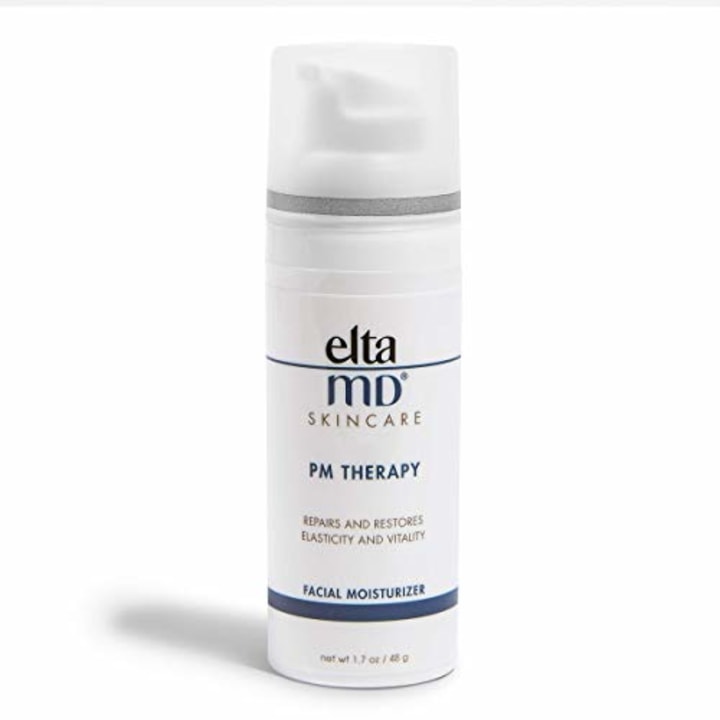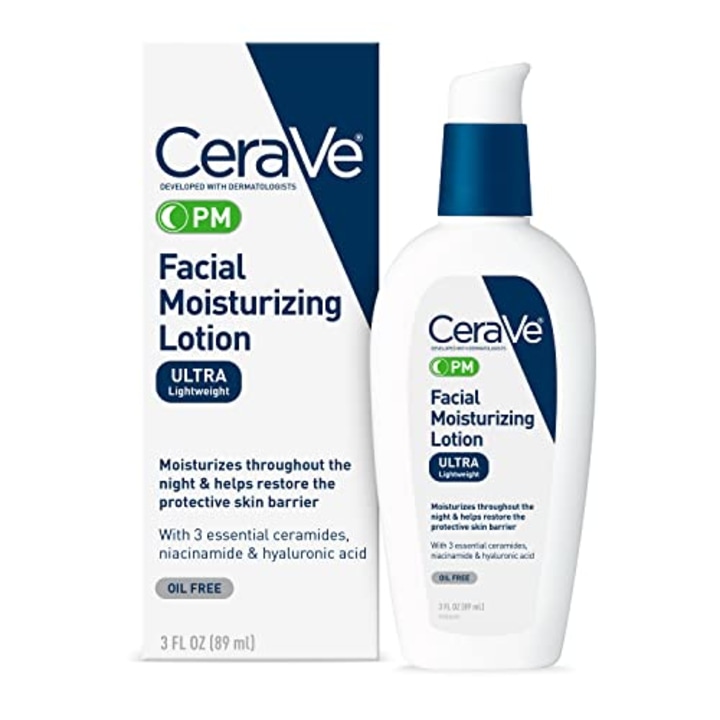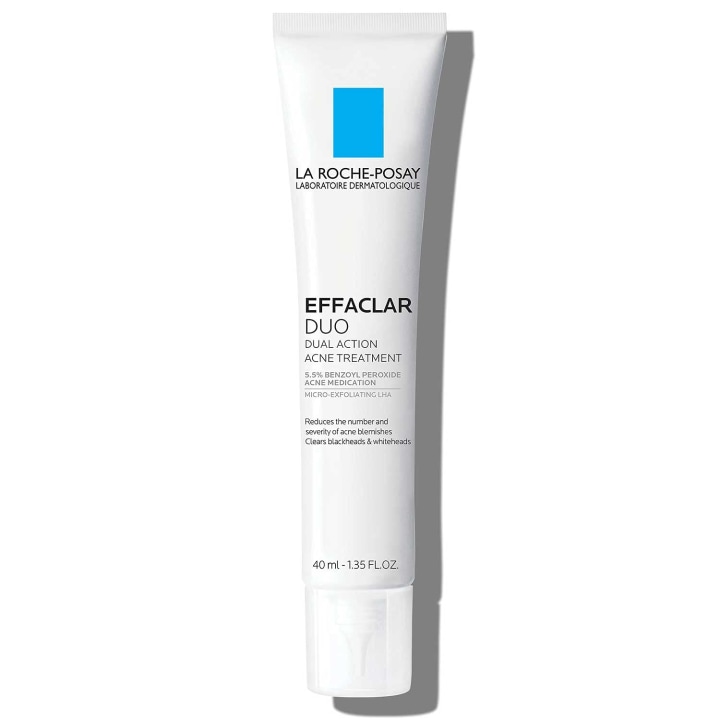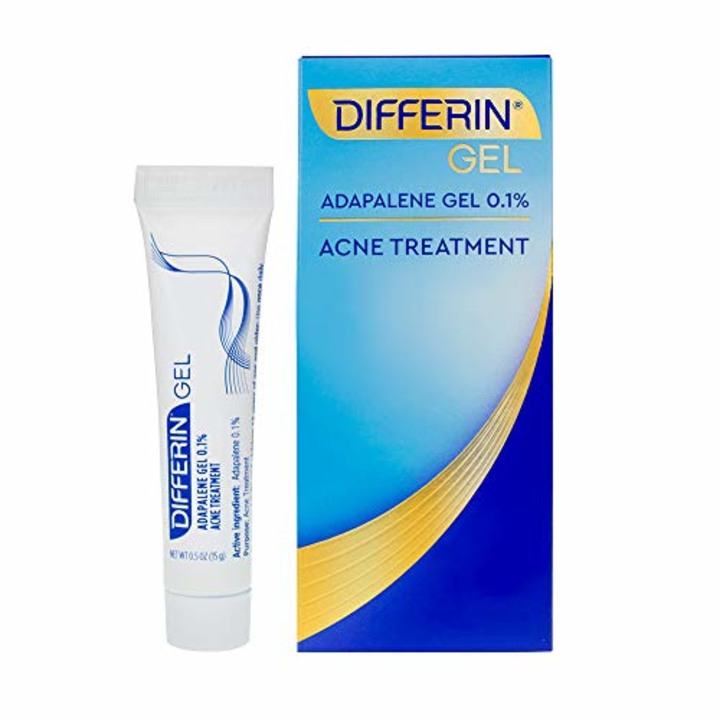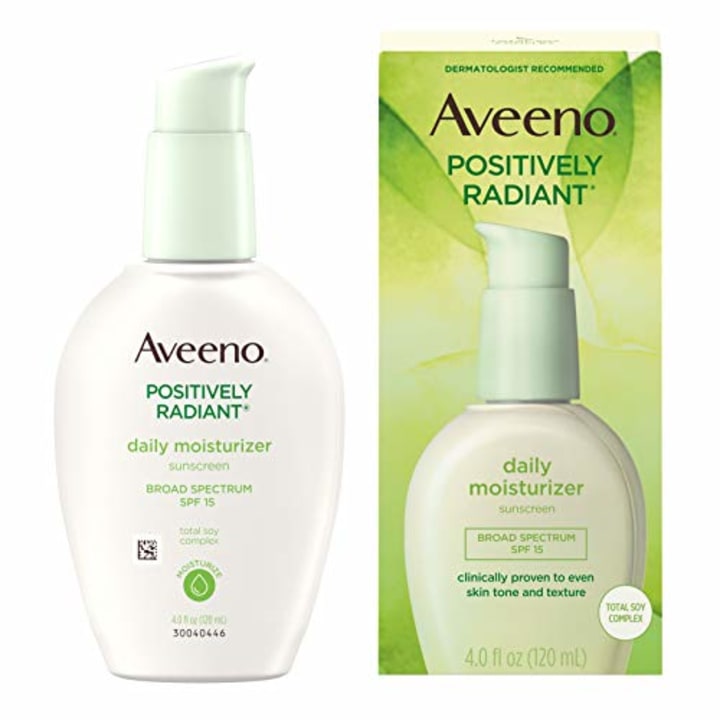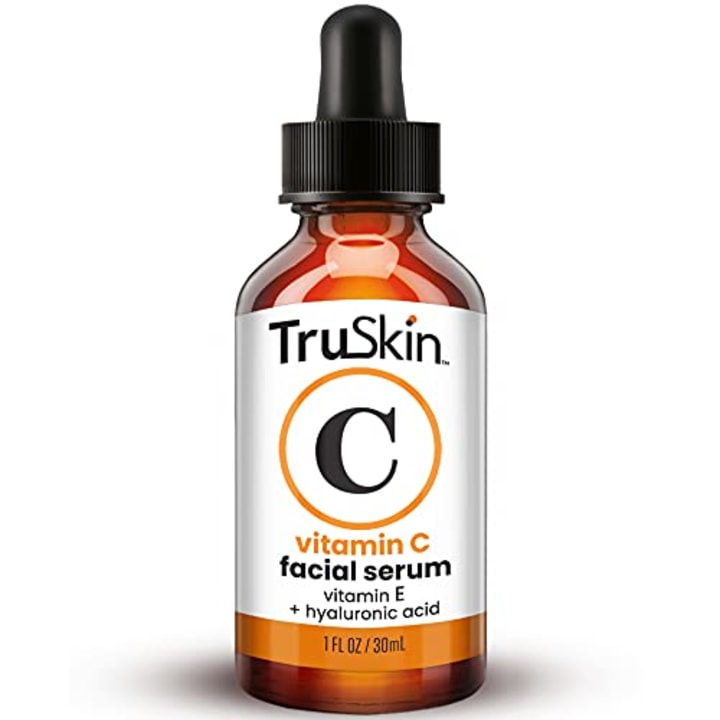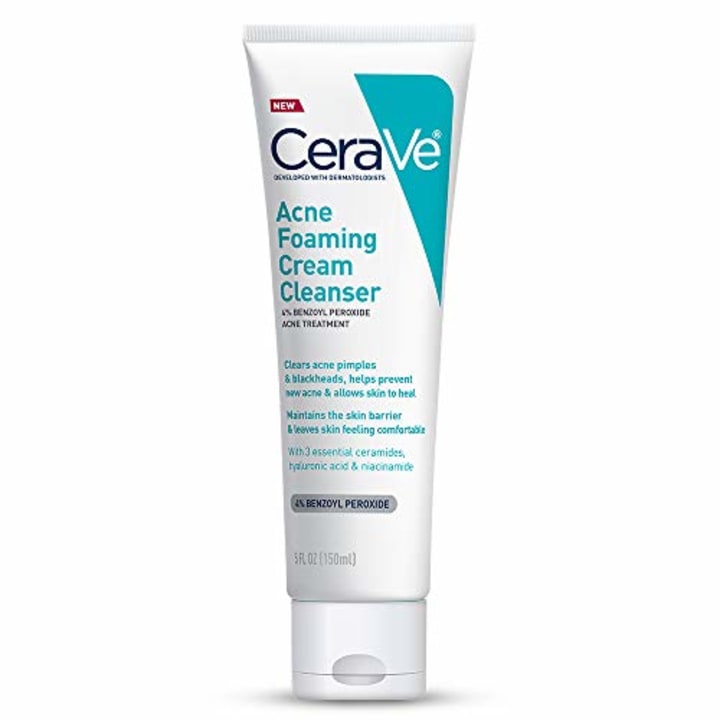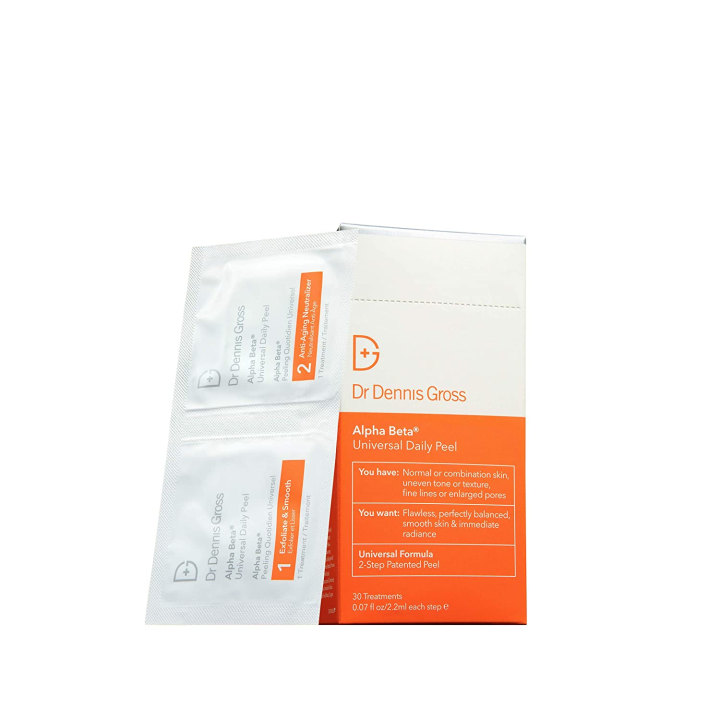Navigating the skin care world can be intimidating for those who are new to it — and sometimes even to those who are well-versed. It seems like everywhere you turn, there’s a new trendy ingredient or a product your skin care routine just “has to have.”
On most skin care product packaging, there’s a section that starts off with “Active ingredients:” followed by a list of familiar (and sometimes tongue-twisting) names and formulas. But what does that all mean? Shop TODAY spoke with two dermatologists who explained what active ingredients are and how picking the right ones can transform your skin care routine.
What are active ingredients?
An “active ingredient” is not one specific thing like hyaluronic acid, niacinamide, retinol or any of those other ingredients that adorn the labels of so many skin care products. It’s actually all of the above! What makes an ingredient an active one is the effect that it carries out in the skin.
“An active ingredient is something that should make a change in your skin, and it can be delivered any way,” said Dr. Deirdre Hooper, co-founder of Audubon Dermatology and clinical assistant professor at Tulane University and Louisiana State University. Because they can be delivered in any way, active ingredients can be found in everything from cleansers and lotions to serums, she explained.
There are hundreds of active ingredients out there, but they don’t all do the same thing. “Some active ingredients are responsible for providing moisture. Some provide sun protection. Others provide chemical exfoliation and/or anti-aging effects,” board-certified dermatologist Dr. Lauren Ploch said.
Common active ingredients
“Some of the most common and sought-after active ingredients include retinol, hyaluronic acid, niacinamide, zinc oxide, vitamin C and ceramides. There are literally hundreds (if not thousands) of active ingredients on the market today,” Ploch explained.
The active ingredient most beneficial for you will depend on your skin type and other conditions. “Someone with sensitive, rosacea-prone skin may want to avoid products with vitamin C because it can irritate the skin,” Ploch said. If you’re pregnant or breastfeeding, then you should avoid retinols, which she calls “great for chemical exfoliation, increasing skin cell turnover and building collagen.”
The skin concern you’re looking to target will also determine which active ingredient you’re likely to see most often. For acne, you should look for ingredients like benzoyl peroxide and salicylic acid, Hooper told us. She described benzoyl peroxide as “an antibiotic that helps decrease acne-causing bacteria on your skin” and salicylic acid as “a chemical that helps break up clogged pores and black heads.”
When it comes to antioxidants like niacinamide, vitamin C and soy, Hooper says she describes them all in the same matter because they are all plant extracts! “Antioxidants tend to help reduce damage to your skin,” she said. They do this by soaking up free radicals — which are the cause behind hyperpigmentation, wrinkling and texture issues — that come from pollution, sun, visible light and even stress.
Both alpha and beta hydroxy acids are also common active ingredients. You’ll probably recognize these under other names on product packaging. For example, glycolic acid and lactic acid are both alpha hydroxy acids, while salicylic acid is a beta hydroxy acid.
Bakuchiol is one of the latest ingredients to shine in skin care. Also called "nature's retinol," Hooper recommends using it in conjunction with retinol for its effects on skin texture, acne and fine lines.
Other common active ingredients include ceramides and hyaluronic acid for hydration and moisture, and vitamin C for brightening the skin and reducing hyperpigmentation, Ploch shared.
“The most important active ingredient to round out any I can think of is your sunscreen active ingredient,” Hooper said. The active ingredients in physical sunscreens are zinc oxide and titanium dioxide. Ploch called zinc oxide “the best active ingredient for sun protection.
Misconceptions about active ingredients
Active ingredients are not created equal
Having a product with 20% vitamin C is not the same as having a product with 20% niacinamide. While the actual percentage amounts may be the same, the result will differ depending on the ingredient, Hooper said.
If you just figure out the right combination of OTC products with actives, you’ll have clear skin
While it may be easy to think that the journey to clear skin is based on long rounds of trial and error, that isn’t always the case. Despite the plethora of over-the-counter products with active ingredients, in some cases, what you really need is a dermatologist who can prescribe you a proper treatment, Hooper told us. “I think people waste a lot of time trying to figure things out on their own… No one is reading scientific literature like dermatologists,” she said.
Active ingredients are not all dangerous
Ploch said that some people might overestimate how “dangerous” chemical active ingredients are. Opting for a “natural” product with no actives, for example, can result in allergic contact dermatitis, irritant contact dermatitis or other side effects.
More expensive is not always better
Hooper and Ploch agree that products with active ingredients don’t have to be expensive. If they are, that doesn’t always mean they’re better quality than products that cost less. “Most of the products that my colleagues and I recommend can be purchased at any local drugstore or big-box store,” Ploch said.
Tips for using skin care products with active ingredients
Consult a dermatologist before using
If you can, Hooper and Ploch both recommend consulting with a board-certified dermatologist before experimenting with active ingredients in your skin care routine. While getting their expert insight is valuable enough, you could also end up saving more money by seeing a professional and using prescription products than you would by just buying over-the-counter products, Hooper told us.
“If you have something OTC and you love it and it’s working for you and your skin looks great, awesome!” she said. “But if your skin is not as smooth, pigment-free [and] acne-free as you want it to be, it’s often less expensive to end up talking to a dermatologist.”
Figuring out what exactly you’re trying to accomplish before picking out a new product to try will help guide your search. “Try to assess what’s bothering you about your skin before you invest in skin care,” Ploch offered. Dermatologists use their expertise to help you figure out exactly what you need based on the issues you want to target and can advise you on where best to start.
Don’t use products that irritate your skin
While it might seem obvious, Hooper advises not to continue using products that irritate your skin. Whether you use too much, too often or use sparingly but still have a reaction, if it burns or you experience prolonged redness, that likely means it’s too strong for you and you shouldn’t continue using it.
Irritated skin looks differently on everyone, Hooper added. On white skin, it could look like broken blood vessels but on Black and brown skin, it could look like hyperpigmentation. “Anything that irritates your skin is not going to be your friend, so you want to stay away from that,” she said.
Don’t use more than one product with actives at a time
Once you figure out exactly what you need, it can be tempting to overhaul your entire skin care routine with these new products, but both Hooper and Ploch say that’s not the best approach. Instead, they recommend introducing one product at a time so you know what works and what doesn’t. Another side effect of using several products with multiple overlapping active ingredients is irritated skin, Ploch added.
Be patient
With any skin care product, its key is to be patient. It will take time to see any actual effects of ingredients or products you’ve introduced to your skin. Hooper recommends using products for a minimum of four weeks, though you’re likely to see any differences around 12 weeks. “Unless the product irritates your skin or reacts poorly with your skin, give it a little time to see if it works for you before you give up on it,” she said.
Expert- and shopper-loved skin care products with active ingredients
EltaMD PM Therapy Facial Moisturizer
Hooper likes this moisturizer that is made with niacinamide and other antioxidants, along with peptides and ceramides. According to the brand, it helps repair and restore elasticity and vitality.
CeraVe PM Facial Moisturizing Lotion
Another Hooper recommendation, this moisturizer is also a bestseller in face moisturizers on Amazon. It has an impressive 4.7-star average and over 18,000 verified five-star ratings.
La Roche-Posay Effaclar Duo (+) Anti-Acne Moisturizer
If you're looking for a product with active ingredients that can help with acne, Hooper recommends this line from La Roche-Posay that is formulated with a combination of lipo hydroxy acid and salicylic acid.
Differin Acne Treatment Gel
Hooper really likes this Differin gel because "it works." Before becoming available over-the-counter, this popular acne treatment was a prescription product. While most acne-focused treatments on the market are retinols, this one uses retinoids, which she says is more chemically potent than retinol.
Aveeno Positively Radiant Daily Moisturizer
Hooper also recommends the Aveeno Positively Radiant line if you're looking for products with soy in it. Shoppers also love this moisturizer for the way it's helped with their acne and inflamed skin. It has over 30,000 verified five-star ratings on Amazon and a 4.6-star average.
TruSkin Vitamin C Serum
This antioxidant serum is also formulated with hyaluronic acid and vitamin E to create assist with anti-aging, brighten the skin and fight free radicals. Not only is it a bestseller in face serums on Amazon, it has a whopping 59,000 verified five-star ratings.
CeraVe Acne Foaming Cream Cleanser
Looking for a product to target acne issues? Hooper recommends choosing one that has a 3-5% concentration of benzoyl peroxide. This acne foaming cleanser from CeraVe has 4%. The latest release from the popular skin care brand, this cleanser already has over 13,000 verified five-star ratings on Amazon.
Dr. Dennis Gross Alpha Beta Universal Daily Peel
If you're looking to add AHAs and BHAs into your routine, Hooper likes these daily peel pads from Dr. Dennis Gross. According to the brand, this two-step daily duo lifts away dead skin, excess skin and impurities while improving uneven skin tone and texture.
For more stories like this, check out:
- Jennifer Garner talks beauty regrets, products — and why her routine is 'low-key'
- Give your neck some love with these derm-approved creams
- 21 non-sticky lip glosses that won't cling to your hair
Subscribe to our Stuff We Love and One Great Find newsletters, and download our TODAY app to discover deals, shopping tips, budget-friendly product recommendations and more!
